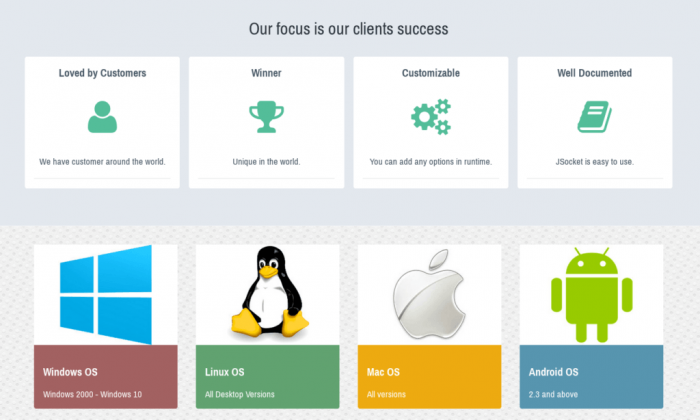
Acecard Trojan: many-headed and extremely dangerous
Kaspersky Lab’s Anti-malware Research Team reported detection of “one of the most dangerous Android banking Trojans ever seen”, called Acecard.
976 articles

Kaspersky Lab’s Anti-malware Research Team reported detection of “one of the most dangerous Android banking Trojans ever seen”, called Acecard.

The only way to ensure the security of online payments is to be at least one step ahead of the cybercriminals, and that can be achieved only by improving the technology.

Acecard is one of the most advanced banking trojans. It’s capable of overlaying more than 30 banks’ and financial systems’ apps and is spread via Google Play.

Targeted attacks are visibly commoditizing, choosing cost efficiency over sophistication. If a combination of social engineering, tweaks to widely-available malware and legit apps can do the trick, why bother to create something original and exquisite?

At The SAS 2016, Kaspersky Lab researchers discussed the newly discovered Poseidon Group. A custom APT boutique chasing commercially valuable data

Successful malware writers quickly figured that offering their creations to ‘people-with-a-purpose’ could be very profitable. Yet offering a service proved even more lucrative.

From ancient times, the banking business has been associated with the danger of theft. The advance of technology has provided criminals with extra opportunities.

At SAS 2016 our GReAT experts talk about a Java-based multi platform malware used by hundreds of cybercriminals for a handful of purposes

Fraudsters portfolio updated: now they’ve learnt to steal money from banks directly. How did it happen?

Cybersecurity isn’t something that should fall exclusively with CISOs and IT pros. Rather it is something that impacts employees from the mailroom to the cushy corner office.

Tax season means that more folks than the IRS are after your money.

Kaspersky Lab’s research shows that some users are too eager to share everything they have when it comes to social networks

The majority of targeted attacks hitting businesses nowadays are conducted with cyberespionage in mind, harvesting precious business secrets or confidential personal data. But from time to time attackers get up to something completely different – like sabotage.

Kaspersky Lab discovered a new banking trojan called Asacub, which had evolved from a simple phishing program into a nearly ultimate threat.

Let’s find out how to enhance privacy and security of your VK account

For the first 2016 Kaspersky Business blog post, we’ve chosen Commandments of Office Security, a handful of common problems with cybersecurity in the workplace, and the ways to solve – or at least mitigate – them.

Fix your cybersecurity problems with this 12-month resolution.

We take a look at what happened in cybersecurity throughout 2015.

Lack of cybersecurity knowledge can lead to the loss of money due to online banking fraud. Follow these eight rules to protect your money from cybercriminals

Here are some simple yet effective ways to protect your files from infection by ransomware.